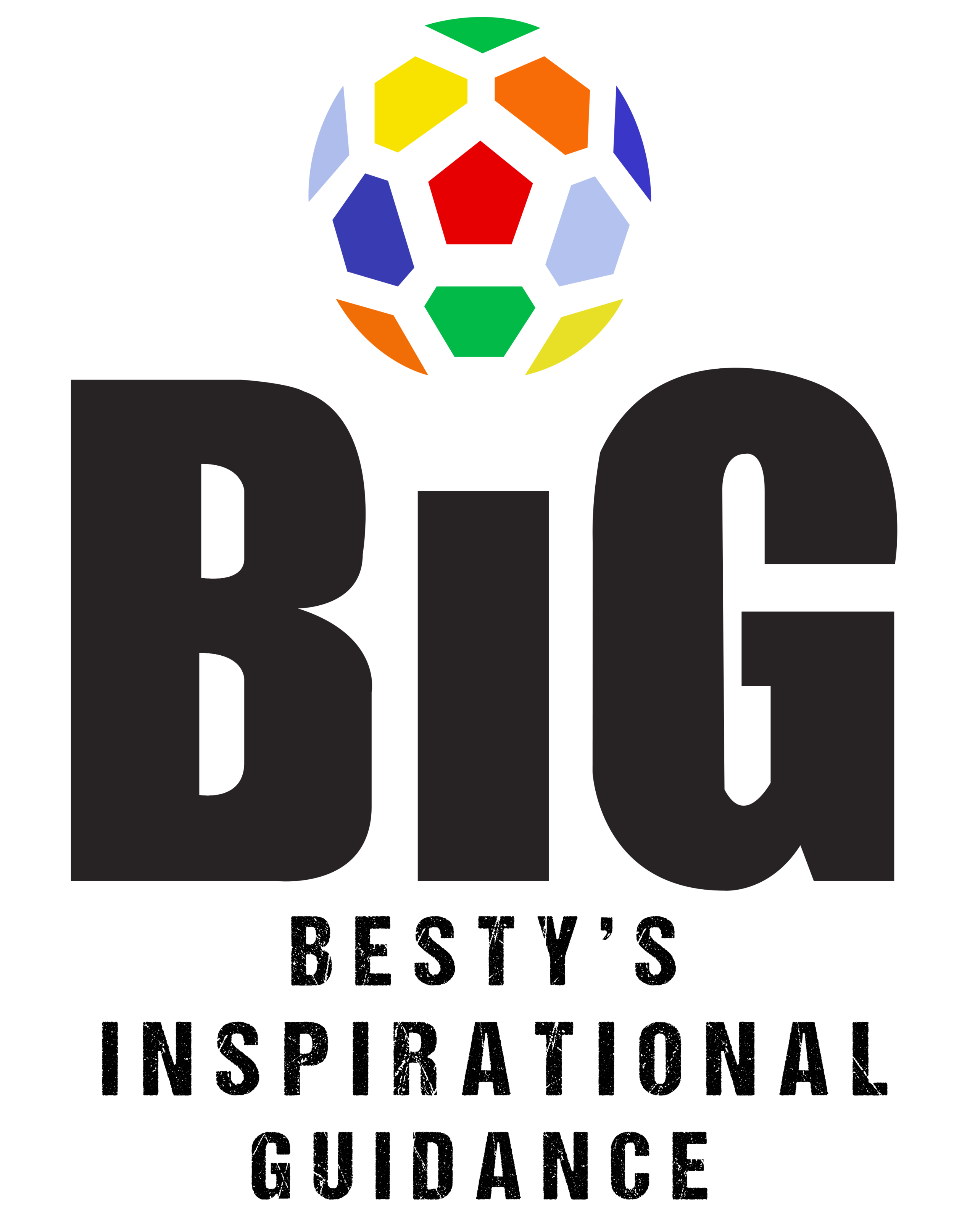The Scary World of Work
Thinking about the future can be stressful, at times even scary. It’s difficult to try to enjoy the now when thoughts of work and job opportunities are looming. You might not know just yet exactly what you want to do, or even what is out there for you! Or maybe you have a clear vision of your chosen pathway, but lack the necessary skills or experience to get there. Whatever the case may be, there is a wide range of resources out there to help you take the next step into your work journey.
In a report titled ‘How employable is the UK?’ which surveyed more than 10,000 16-65 year olds, it was found that over half of over 16s do not demonstrate all the key employability skills required to succeed in the future workplace. This is a staggering figure. Employability skills is something that may not necessarily be developed in the educational sphere, and thus there needs to be a greater emphasis on these important skills that are somewhat overlooked.
What are employability skills?
Employability skills are just skills and behaviours that enable an individual to flourish in a work setting. Some key skills include:
Good communication: Being able to communicate effectively with a diverse range of colleagues will help build workplace relationships, increase productivity, build trust, amongst a range of other things.
Team work: The ability to work in a team is integral to most workplaces as employees are often expected to collaborate with others to produce the best result.
Adaptability: The world of work can be fast paced and unpredictable. Therefore, being able to adapt to different situations is extremely important.
Leadership: Being able to take control and demonstrate good leadership skills helps boost morale and build confidence within the rest of the team.
Problem solving: Problem solving skills demonstrates to your employer initiative and that you are able to work independently.
Often, traditional schooling and school curricula are heavily focused on exam preparation and academic work. Pupils may not necessarily develop all of these key skills during their educational journey. That’s why it is important for pupils to engage in extra curricular activities that will be valuable for their own personal development. This could come in the form of after school sports programmes, creative hobbies, voluntary work and much much more.
BiG functions as a service to children and young people in which they can invest in their own self-development. From motivational to employability skills programmes, BiG has a multitude of resources and training which allows its service users to develop these key skills. What do you want to work on?
Start your journey with us and commit to a better future.
“We may encounter many defeats but we must not be defeated”
